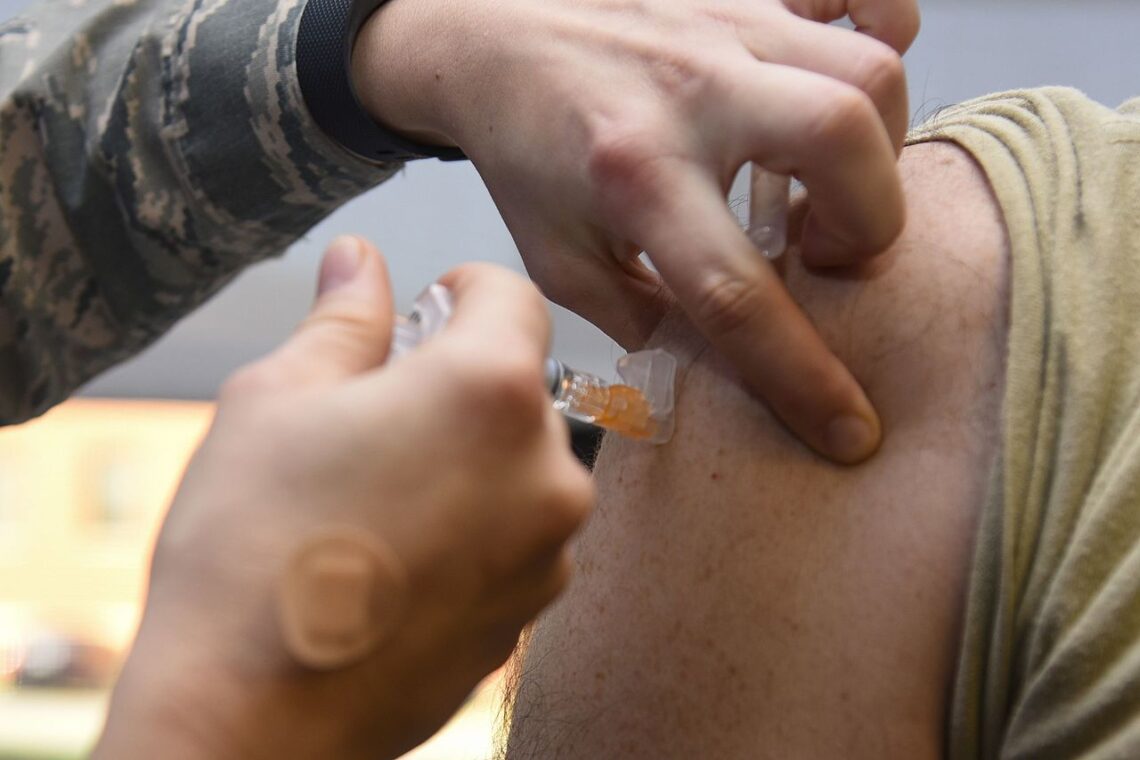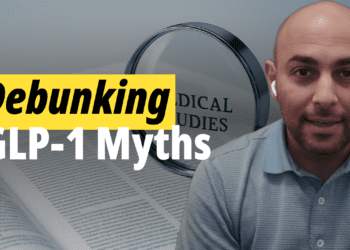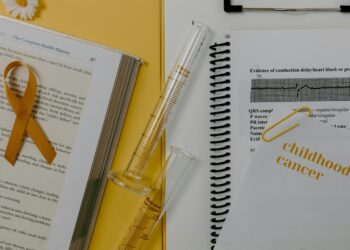- Home
- Articles
- Podcasts
- Surveys
Survey Results
- Courses
- About Us
- Contact us
- Support Us
- Official Learner
- Home
- Articles
- Podcasts
- Surveys
Survey Results
- Courses
- About Us
- Contact us
- Support Us
- Official Learner
Take Survey
Articles
Podcast
Survey Results
2027 Medicare Advantage & Part D Advance Notice
Glucagon-Like Peptide–Based Therapies and Longevity: Clinical Implications from Emerging Evidence
Glucagon-like peptide–based therapies are increasingly used for weight management and glycemic control, but their potential impact on long-term survival remains uncertain. The clinical question addressed in this report is whether treatment with glucagon-like peptide receptor agonists is associated with reductions in all-cause mortality and age-related morbidity beyond their established metabolic effects. This question matters because these agents are now prescribed across broad patient populations, including individuals without diabetes, and long-term exposure may influence cardiovascular, oncologic, and neurodegenerative outcomes. Understanding whether...
Read moreJoin Our Newsletter!
Popular
Daily Remedy
Daily Remedy offers the best in healthcare information and healthcare editorial content. We take pride in consistently delivering only the highest quality of insight and analysis to ensure our audience is well-informed about current healthcare topics - beyond the traditional headlines.
Daily Remedy website services, content, and products are for informational purposes only. We do not provide medical advice, diagnosis, or treatment. All rights reserved.
Important Links
Join Our Newsletter!
© 2026 Daily Remedy









































